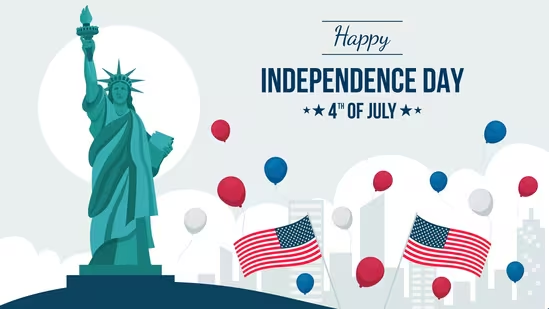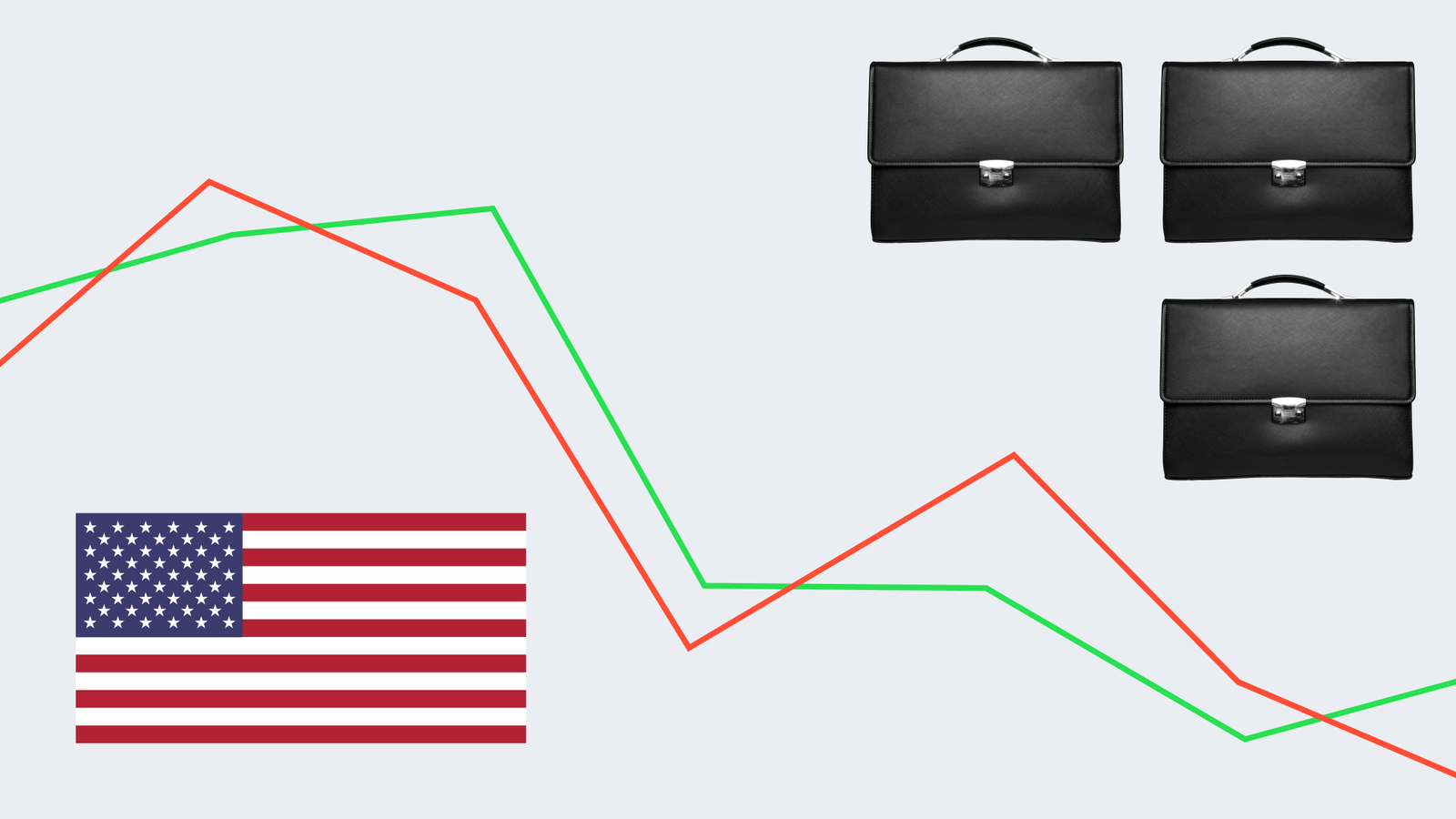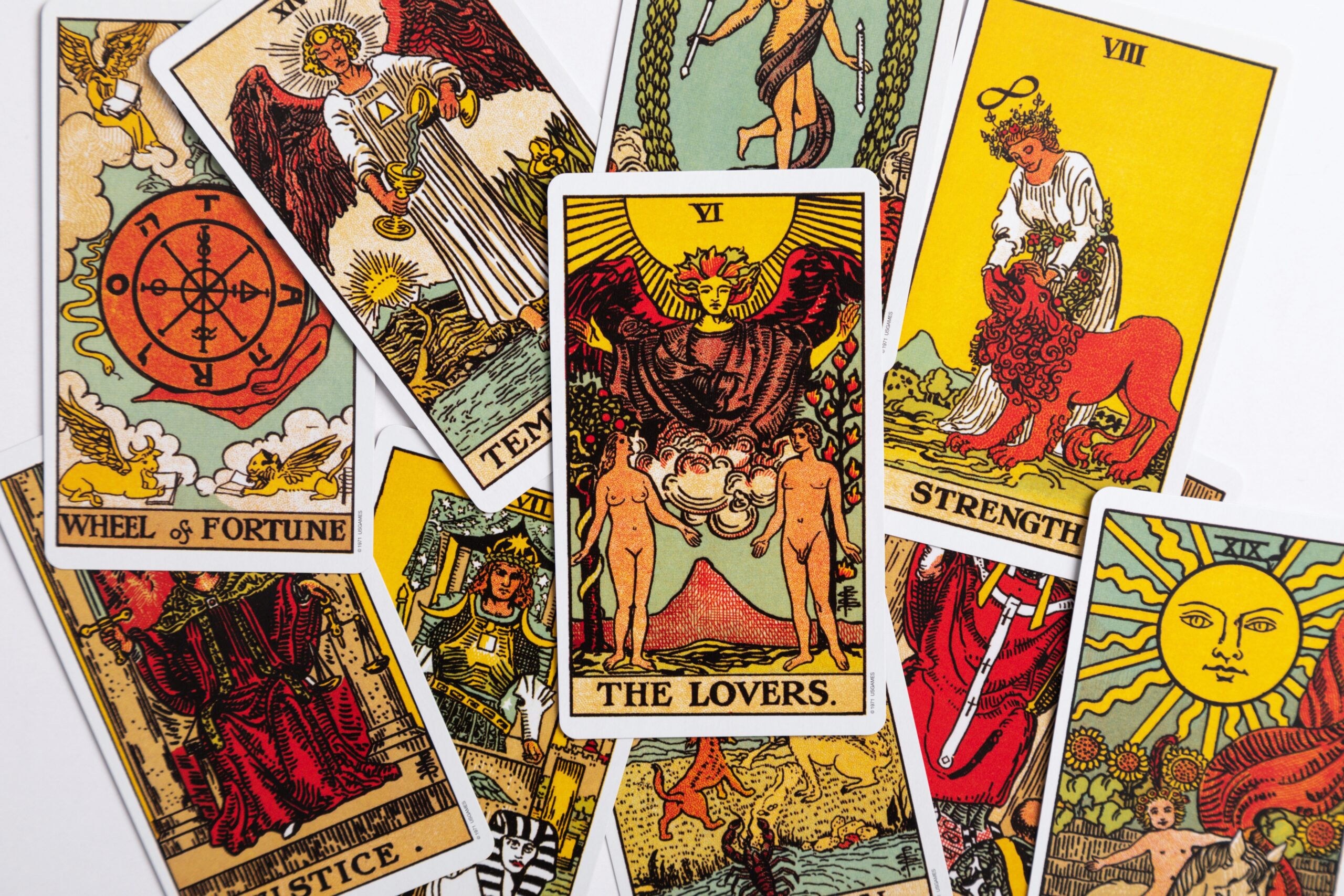What Does Freedom Mean in Today’s America? 17 Everyday Voices Reflect
On July 4, 1776, the Second Continental Congress formally adopted the Declaration of Independence, proclaiming the 13 colonies free from British rule. Though the Revolutionary War raged on for seven more years, that date marked the symbolic birth of the United States — a nation built on the ideals of liberty, justice, and self-determination.
As the country approaches its 250th anniversary next year, the question of what freedom truly means remains as vital and contested as ever.
In recognition of Independence Day, over 300 Americans shared their thoughts on freedom in today’s America. Their voices — diverse in age, background, and belief — paint a complex picture of what it means to be free in 2025. Some celebrate the ideals the U.S. strives to uphold; others express concerns that those ideals are slipping away.
Freedom as Safety and Security
For Matthew Favreau of North Haven, Connecticut, freedom is the absence of fear — fear of poverty, illness, or political oppression. “Most Americans live in fear,” he says, believing true freedom will come when that fear is gone.
Jennifer Shirley of Wildwood, Missouri, echoes that sentiment, viewing freedom through the lens of motherhood: a world where children are safe from gun violence, receive unbiased education, and have access to diverse healthcare options.
Freedom as Inclusion and Justice
Mark Milleker of Severna Park, Maryland, sees America’s strength in its immigrant roots. “This nation was never meant to be a fortress of exclusion, but a sanctuary of inclusion,” he says. He believes freedom lies in honoring every culture that shaped the U.S., including Indigenous peoples.
Paulita Peña-Urenda of Salem, Oregon — a Lipan Apache woman — defines freedom as the ability to reclaim stories that history tried to erase. For her, freedom is economic dignity, cultural survival, and the right to unionize, worship, protest, and heal. “Until all of us are free — rural, poor, Indigenous and undocumented — we are not done,” she says.
Jacquelyn Johnson, a 69-year-old Black woman from Sacramento, believes freedom is the hope of full citizenship: the right to vote, to feel safe, to express and celebrate Black identity, and to dismantle systemic racism.
Freedom as Self-Determination
Talya Dornbush of Colorado speaks to the freedom of spiritual and physical choice — the ability to return home to safety and reflect in nature. For Sarah Vaughan of Montana, it’s the power to live according to one’s values with the support of equitable systems.
Others, like Katie O’Malley of Ohio, find freedom in the small victories of modern life — homeownership, choice in family planning, and personal expression despite economic challenges.
Freedom as Responsibility
JR Simons of Elyria, Ohio, frames freedom as a “double-edged sword” — the right to act coupled with the responsibility to not harm others. For Ginamarie Bloomquist of Colorado, freedom is not a free pass, but a duty to act accountably and with awareness of others.
Oak Bryan of Florida sees freedom as dangerous but essential: “Freedom means having to make choices and accept consequences,” he says. “It requires diligence, tenacity, and humility.”
Freedom as Collective Liberation
For some, freedom cannot exist unless it’s extended to all. Laura Williams of Michigan believes freedom without equity is meaningless: “Freedom is merely a nebulous concept if it isn’t applied to all,” she writes.
Ashlee Campbell of Vermont wrestles with how the word “freedom” has been politicized and misused. True freedom, she argues, must not infringe on others. “Freedom that limits others isn’t freedom; it’s regulation.”
Brett Shufelt of New York yearns for a freedom that embraces accountability and community care — not just rugged individualism. “The freedom I long for is one of collective support.”
And finally, Joseph Connolly of Maine reminds us of the Founders’ closing promise in the Declaration: “We mutually pledge to each other our Lives, our Fortunes, and our sacred Honor.” To him, true freedom lies not only in individual rights but in shared responsibility.
In Every Voice, a Common Thread
Across regions, identities, and generations, one theme persists: freedom in America is deeply personal — yet inherently collective. Whether it’s the right to live without fear, to speak freely, to care for family, to be seen and heard, or to pursue dreams — freedom, for many, is both a birthright and a battle still being fought.
As the country reflects on 249 years of independence, these voices remind us that the promise of freedom is not a finished chapter — it’s an ongoing conversation.



